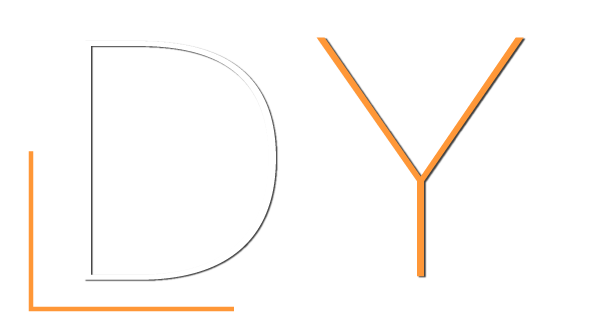How and where does the search for a blissful life end?
You know the search I’m talking about; it’s the one you’re on right now. How will we know when/if we’ve arrived? What seems clear is that the words promising to get us there keep flowing with no apparent end. Followed not by any version of enlightenment, but only by just more words about it.
Here’s something no consumer of self-help material, or writer of it, ever wants to admit: language was never up to the task of declaring an experience. There simply are no words to describe what it is we’re all searching for so fervently. So, all we can do is to keep talking about it in vague metaphoric terms that only suggest the goal, never declare it. Yet, far too many of us act as if we are all waiting for those magic words that will finally reveal all and bring our search to an end. The great news is this will never happen.
Why do I call this “great news”? Because it means it is ultimately up to each of us to bring our search to a close, and it always was. In other words, we are free to declare at any moment that we are now the person we were meant to be. We can say that because it’s true.
The only thing that ever got in the way was that the realization of it felt foreign and a little disorienting. Humans all too easily back away from anything foreign and unsettling and, instead, wait for someone else to tell us when we have arrived as an avoidance of that unfamiliarity. In fact, our arrival at enlightenment was indicated precisely by the thing we backed away from: the uncomfortable sense of it being foreign and unsettling.
What does it mean to declare your search to be over? For one thing, it is not a declaration made up of words. It is, instead, the choice to stop talking, stop writing, stop reading, stop hearing, stop watching, and stop waiting for the magic words to tell us that our search is over. Those words don’t exist.
We’ve all heard about the vows of silence taken by devout and reclusive monks as a way to achieve enlightenment. That long-standing strategy suggests that there is something about language that creates an obstacle to self-discovery. Perhaps words are the only thing that ever got in the way of our path in the first place.
Words about enlightenment are like an insidious drug; teasing and promising something they cannot and will not deliver. Does it feel a little scary to cut yourself off from language in your search for peace and satisfaction with life? How will you ever find “the answer” if you can’t consume more words? Every addict will make the same claim about their drug of choice.
At some point words become the problem, not the answer. Only when the words stop can you move forward. But is a total vow of silence the only resolution to this obstacle? That is neither practical nor necessary. How about if we just limit our language to explorations of the less-personal matters of life? Anything having to do with our sense of satisfaction in life and the joy found in it is off-limits to language. How about just that?
There are too many words flying around about self-improvement and enlightenment already. If the words to bring it all to a close existed at all they would have already been spoken. Instead, all our words about self-help and personal discovery strikes me as a form of pandering to a misguided need for more information about enlightenment as a substitute for the actual experience of it.
This is also a call to those of us who write on the subject; not that the writing should cease, but that some of our words be used to point out the folly of trusting language to be the answer. This is not so much a failure of language because language was never designed to address something as deeply personal as enlightenment. Rather, it is a misunderstanding on the part of humans about the potential of language to address that issue to its conclusion.
Can we, as writers, own up to the limitations of our beloved words in their ability to be the ultimate difference in someone’s life? Can we set our egos aside long enough to help others wean themselves off of our words and onto a life that is far more satisfying than anything our words can depict. Can we acknowledge that language is mostly an avoidance of living, not the way to it.

